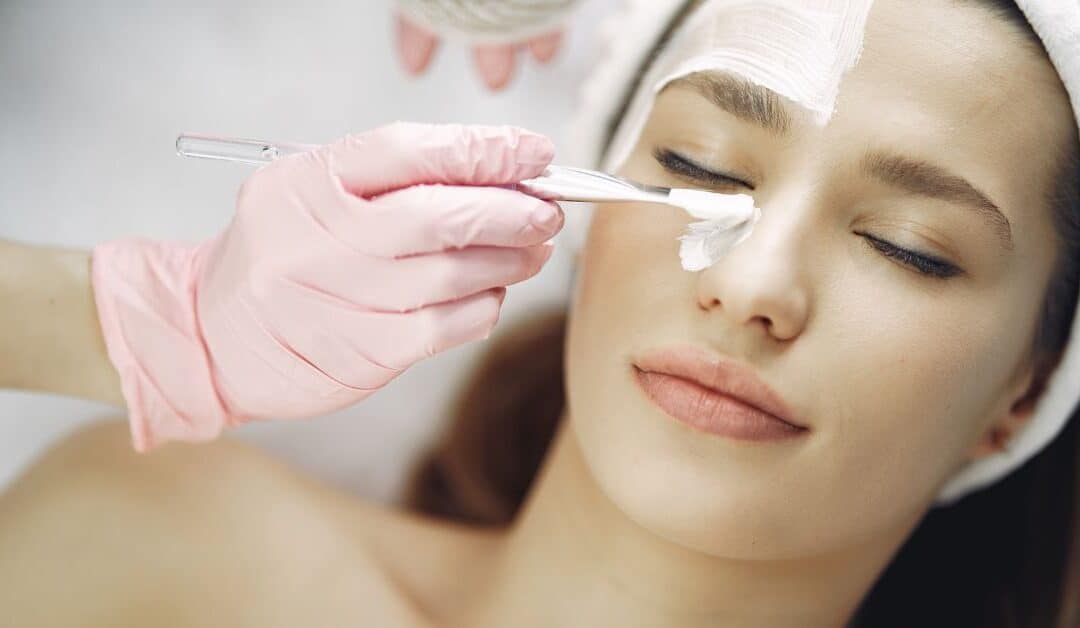Chemical peels are popular skin treatments to address many skin concerns. It is a procedure of varying depths performed by a trained and licensed professional. When considering such a service, a qualified provider who has a good understanding if your skin will select the type and depth of peel best suited to your condition and desired outcome.
According to experts of Women’s Health in Salt Lake City, superficial chemical peels can be performed by a qualified clinician as they are not abrasive. Your therapist should be able to advise on the strength and type of peel per your skin type.
Here are some of the reasons to consider chemical peels:
– To improve the texture of your skin
– To increase the collagen production and the cell turnover rate
– Reduce fine lines of aging
– Decrease hyperpigmentation
– Smoothen your skin and make it look more even toned
While this kind of procedure can make your skin look dewy and fresh, superficial peels are not geared for removing deep wrinkles or correction of saggy skin.
Who should get Chemical Peel?
There are peels available for almost every skin type. However, it is generally not recommended for pregnant or nursing women as hormone changes continue to impact pigmentation issues. Also, if you have a tendency to scar or easily tan, consult your provider on carefully selecting the appropriate peel. It is also advisable to avoid chemical peels if you are on antibiotics, other peeling solutions, or suffering from an autoimmune condition.
Necessary Precautions
Some chemical peels can be strong and may cause more hyperpigmentation. Therefore, individuals with a higher Fitzpatrick should be cautious of the type of peel selected. You should also make sure that it is formulated for your skin type to give you best results.
After a chemical peel, you will notice that your skin is more sensitive to sunlight. So make sure you protect it with sunscreen and wear a hat or avoid direct sunlight for 3-5 days.
Make sure your clinician asks relevant questions to make the right assessment about your skin type. The professional must evaluate several factors to get the best possible result without causing any skin damage. Talk about how your skin feels and responds to various products. Discuss your main concerns be it pigmentation or signs of aging. How quickly do you burn or tan when out in the sun? These are examples of topics and questions to discuss.
How is Chemical Peel Done?
Before the chemical peel is applied, your skin must be exfoliated and prepped by removing dirt and debris from your pores. It is important to remove all surface oils so that the peel can penetrate properly.
When you are in the middle of the procedure, you may experience some warmth over the treatment area. This area might be cooled down either with an electric fan or manually. Good communication with your provider during the procedure will help make the experience educational and enjoyable.
Don’t be alarmed if you feel burning or tingling. These sensations are normal and may stop after the procedure is performed. If you feel increased discomfort, don’t hesitate to tell the expert about it.
After the procedure is done, you should modify your routine to avoid any irritation or hyperpigmentation to your skin. Avoid activities that cause excess sweating for at least a few days. You must also avoid scrubbing or picking at your face and stay out of the sun.
Some peels will leave your skin with immediate improvements and fresh looking skin, while other peels require a series and improvements are noticed 3-6 weeks after treatment. It all depends on your skin type and the goal you are looking to achieve.
Let us know if you have further questions! We are happy to assist in recommendations and addressing concerns.
